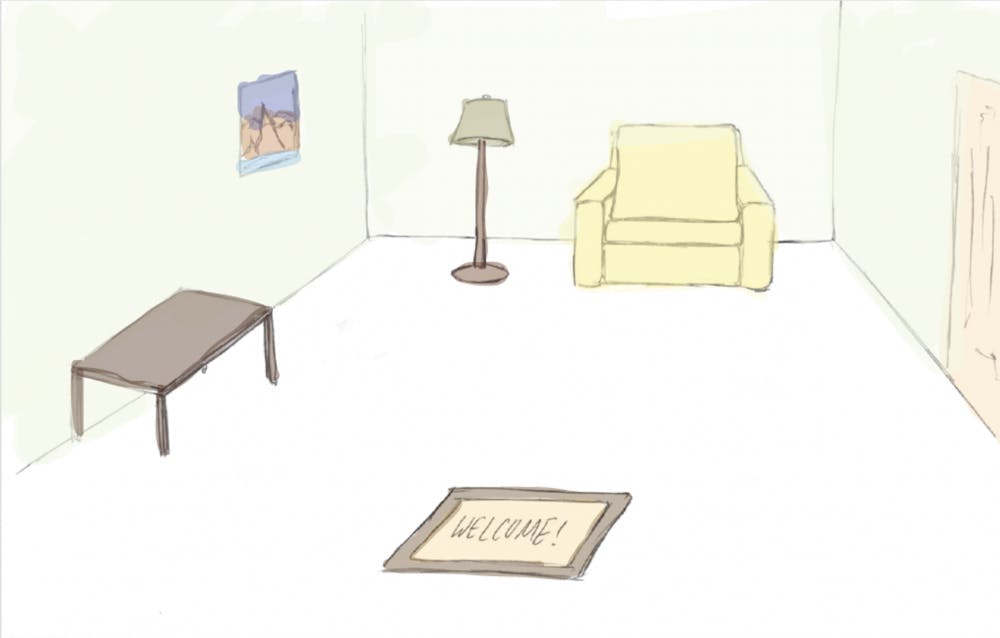
On-campus housing at Penn means a lot of different things to different people. At varying times the dorms are a place to call home, to eat, to party, and everything else that comes with one’s first year at Penn. With this, of course, comes a litany of complaints with which every Penn student should be familiar. For some students, who are resident advisors, the dorms are a workplace, which presents a unique set of challenges.
Dozens of students work as RAs in all of Penn’s 12 college houses. There are myriad reasons to become an RA, but a driving factor for many of the students who go through the several rounds of interviews to become an RA is the financial benefit. Given this reality, Penn needs to provide undergraduate RAs with affordable access to food as part of their compensation.
According to the Resident Advisor Position Description and Contract, RAs are entitled to “a rent-free single occupancy furnished accommodation.” While these rooms vary by college house, nearly all of the ones provided to undergraduate RAs do not include kitchens.
Additionally, RA accommodations do not provide for their “daily nutritional needs.” RAs do receive a small meal plan, equivalent to about three meals a week, in order to allow the RA the opportunity to eat meals with residents on a full meal plan.
This can put a serious financial strain on students who work as RAs. While free housing is substantial compensation, margins can be extremely thin for low-income students, so requiring that they either purchase a larger meal plan or buy most of their meals at restaurants around campus creates a difficult situation. Neither of these options are particularly cost effective, and potentially leave low-income students forced to choose less healthy but more affordable options because they don’t have the ability to prepare meals.
Admittedly some college houses have communal kitchens, but these are often far from living spaces and serve too many people to be an effective alternative to an individual kitchen. Penn should either update RA rooms so that all RAs have reasonable access to a kitchen or make a meal plan that meets their full nutritional needs as part of the RA compensation package.
This problem is particularly important because students who are most likely impacted by this lack of adequate compensation are also ones who are more likely to become an RA in the first place. Being an RA can be a fulfilling and effective way for low-income students to get housing. If Penn truly values the services RAs provide and appreciates the fact that low-income students are the ones incentivized to provide them, they will stop creating a new set of problems for students who already have plenty to deal with.
RAs provide a valuable service to students, creating a support network within on-campus housing that works long hours to keep students safe and organize events. An RA is supposed to “[serve] as mentor, advisor, and friend to residents.” When it works well, good RAs can be an invaluable part of a resident’s life. Feed them.
Editorials represent the majority view of members of The Daily Pennsylvanian, Inc. Editorial Board, which meets regularly to discuss issues relevant to Penn's campus. Participants in these meetings are not involved in the reporting of articles on related topics.
The Daily Pennsylvanian is an independent, student-run newspaper. Please consider making a donation to support the coverage that shapes the University. Your generosity ensures a future of strong journalism at Penn.
Donate



